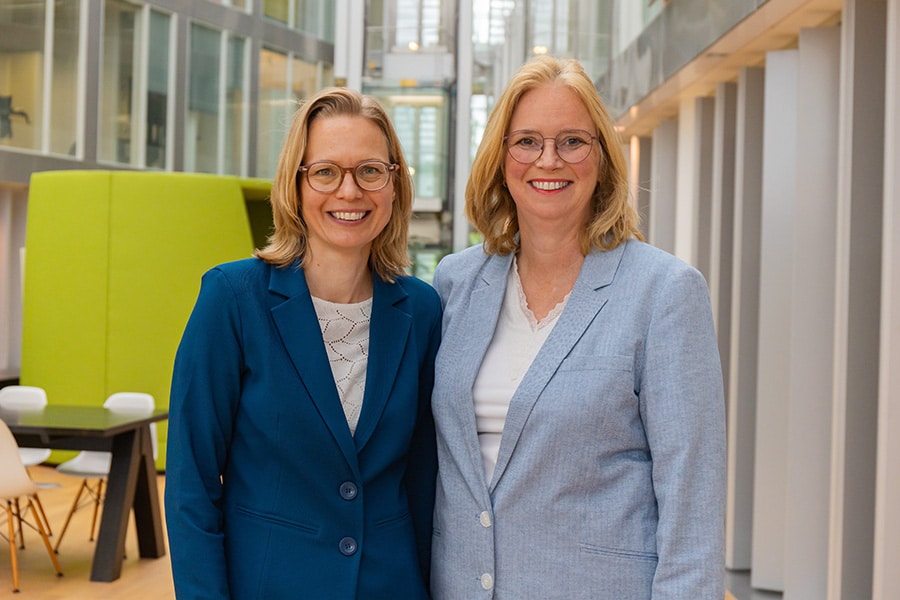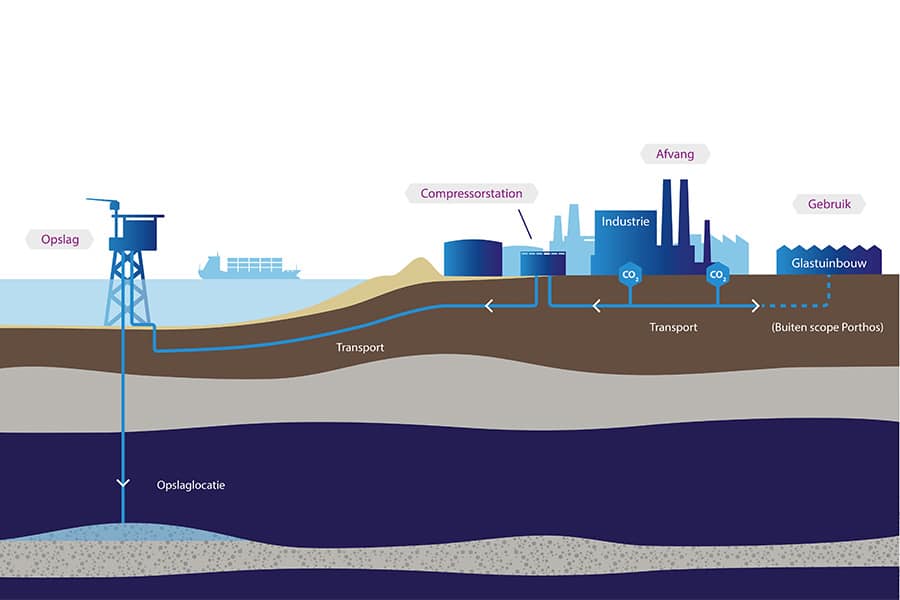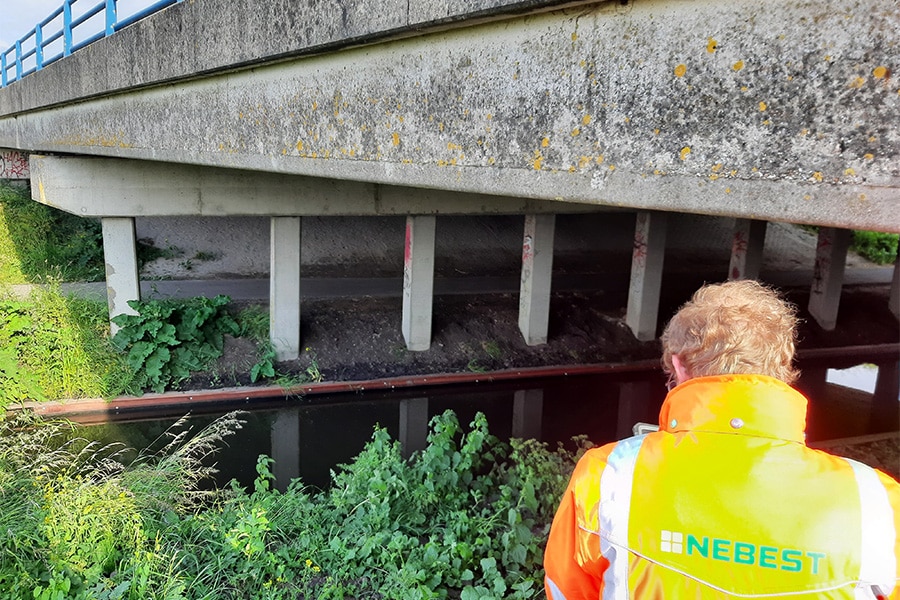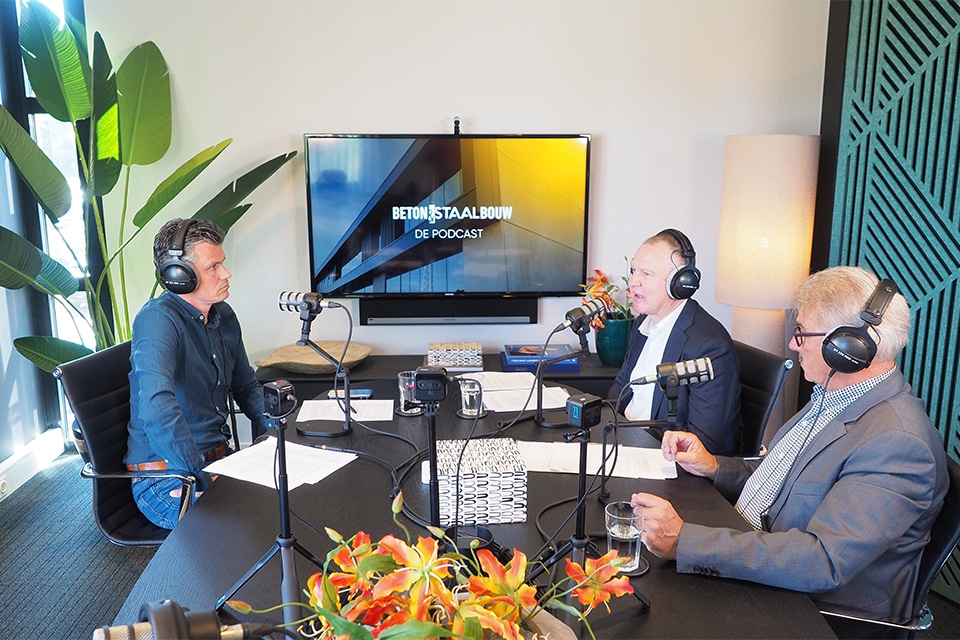
Netherlands' first logistics center on gravel columns provides huge CO2 savings
The application of soil improvement is still a relatively unknown technique in the Netherlands, while it is widely used in our neighboring countries. Nevertheless, Marcel Mertens of Keller Funderingstechnieken also sees increasing interest in our country, also because of the more favorable environmental benefits. In Emmen, for example, a large logistics center of 60,000 m2 is now being founded on gravel columns, also using recycled gravel. A win-win situation.

Improving soil with low bearing capacity to a bearing layer is hardly taught in schools in the Netherlands, Mertens knows from experience. "Our country is characterized by a very strong pile market. At school, you mainly learn how to calculate a foundation on steel or the pile bearing capacity. Because if it can't be done on steel, it will be a pile. Soil improvement is hardly ever discussed. A pity, because the technique lends itself perfectly to a large part of the Dutch subsoil. Soil that is just not satisfactory can easily be improved with gravel columns instead of using piles. A big advantage is that you don't have to go as deep, which helps in speed and material consumption. And because no concrete or cement is involved, soil improvement is also much more sustainable and CO2-friendly."

Comprehensive pilot program
At the new logistics center in Emmen, the preliminary design did include consideration of gravel columns. "It quickly turned out to be the most sustainable choice," says Mertens. Keller Funderingstechnieken ran an extensive pilot program here in the preliminary project, where gravel columns were applied, loaded and examined with different materials. "The goal was to maximize sustainability and CO2 savings. To this end, we made gravel columns with recycled gravel and recycled concrete granulate. Because by reusing products, you can achieve even greater savings. Research showed there was no demonstrable difference. So applying a recycled product does not affect the strength of the soil improvement. So for clients an extra motivation to choose soil improvement."

Emission-free
Both the hall and the floor of the 60,000 m2 logistics center in Emmen are founded on gravel columns from Keller Funderingstechnieken. "We make over 8,000 gravel columns in just under three months to an average depth of about 4 to 5 meters with local raw materials. So in this case with recycled gravel from the neighborhood." Keller Funderingstechnieken' machines are relatively compact in size and equipped with electric poker vibrators. This again makes them more economical in consumption than a large foundation machine. Keller builds these machines itself in its own factory in Germany where, in the meantime, the first electric machines also roll off the assembly line. A salient detail: more than 30 years ago, these machines were already electrically driven. "People were fed up with the electricity cable and therefore equipped them with a diesel generator. So the technology lends itself perfectly to electrification. And this will allow us to realize even greater savings in the near future."



